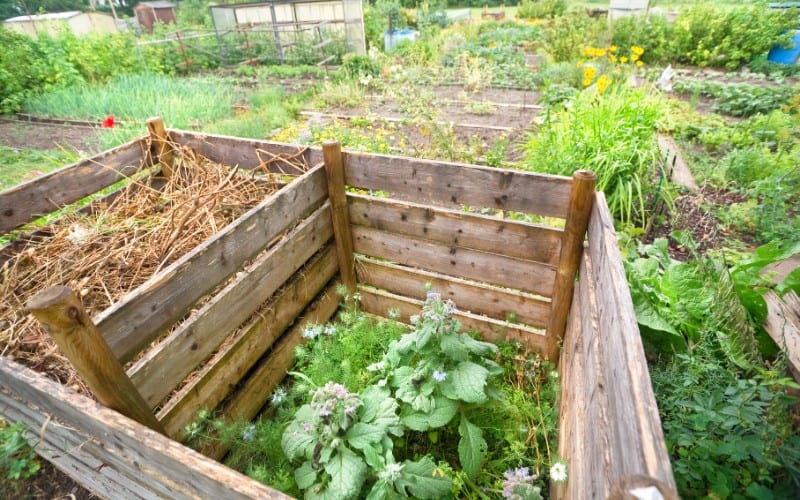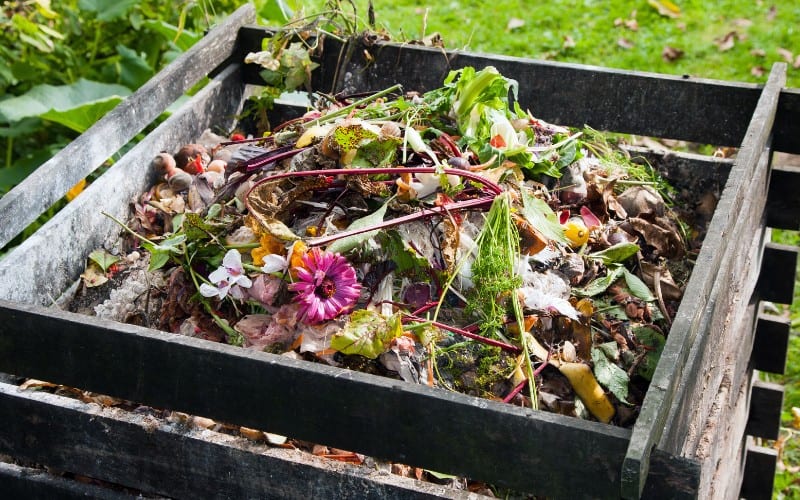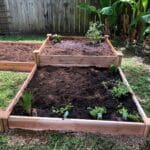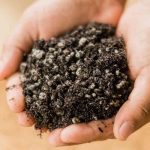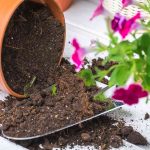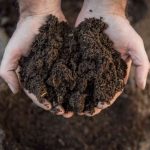Making a compost by yourself can be an exciting experience. But what method should you use? Do you go with a compost pile or a compost bin?
As a gardener, you may sometimes get confused while trying to choose between compost pile vs bin, especially if it's your first time. Sometimes it can still worry veteran composters too when the season for composting arrives.
But here's a general rule of thumb: Choose compost pile if you have enough space, or simply go for compost bin if the reverse is the case. Both methods are great ways of ensuring that your garden has an adequate supply of nutrients.
In this post, we shall be looking at the advantages and disadvantages of compost pile and bin. We believe you would make a better judgment after reading this. But before we get right into it, let us get a grasp on what each means.
- Read Also: Should You Remove Grass Before Mulching?
Table of Contents
What Is Compost?
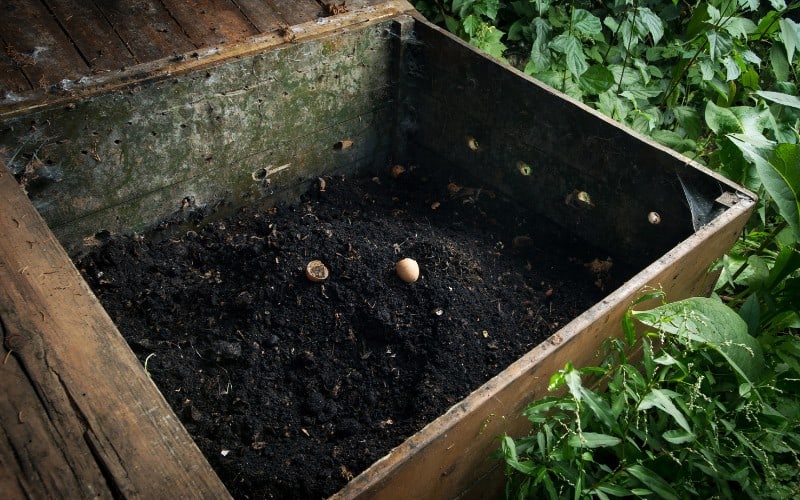
This is an organic material that can be placed in the soil to help crops grow. So, you have to take composting very seriously for you to get that rich harvest you want. You have to start by saving up the waste in your house and giving them plants to eat.
Composting is a means of recycling products. It reduces the amount of waste that you send to a landfill. Almost 30% of what is taking to the fill to burn can be used as compost for the plants.
Composting also saves the planet by reducing methane gas, one of the major causes of global warming. Composting will also help with the odor of the waste. You get all of these and a garden rich in nutrients for plants.
Compost Pile
Just as the name sounds, the compost pile is a compost pile on the ground. It is done by putting nitrogen-rich and carbon creamy stuff in a pile. With time and moisture and heat, the pile turns to compost.
With compost pile, they need a lot of space and can be smelly and messy. Creating a compost pile is one journey that requires patience and devotion. You have to turn the compost, aerate it and add more waste to it when it starts decomposing.
Sometimes, the pile is closed with a lid so that moisture is controlled and heat is locked inside it.
Advantages of Making Compost Pile
- It is the oldest means of making compost and controlling your layers. This is the most traditional method.
- With lots of space outside, the compost can be kept outside the house. For an area to be used for composting, it should be at least 3 feet wide, 3 feet high, and 3 feet long.
- The compost pile is outside, and therefore, it gets sunshine and rain, which brings the heat. These two factors are quite necessary for the putrefaction process.
- The compost pile will give you a hands-on experience.
Disadvantages of Making Compost Pile
- A pile that is not well taken care of can be a host to numerous pests and rodents. And if the pile is close to your garden, they could find their way to your plants and make a mess of your hard work.
- The time taken to get the compost pile ready for use is prolonged. For the pile to be suitable for application to plants, it has to be at least one year old. Most people want a quick one and may not be that patient.
- It is stressful to handle. You have to continually pay attention to it, turn it, aerate it properly. This is the stress that many people may not want to go into.
- Foul smells are familiar with compost piles, and they can be quite disturbing.
- Sometimes, local laws may be against the making of the compost pile. Even though compost piling is such a good idea, most people feel it subtracts from a neighborhood's aesthetics.
Compost Bin
The compost bin is a better-controlled method of making compost. It will keep all those rotten substances away from where the eye can see. You also control how fast the waste decays because you can add more heat and moisture.
You are also in control of what you add and what you choose to leave out of it. With the bin, you are not going to struggle when turning the compost. You can rotate the compost without stress and without everywhere being messed up.
They are an easy and cheap way to make rich compost outdoor or indoors. Since the bin is usually closed, it is easier to quickly remove excess moisture, decrease offensive odor, and easily combine brown and green materials. In the compost pile vs. bin contest, the big wins for convenience.
Compost bins come in different sizes. The larger the size, the easier it is for the compost to decay. You can even add maggots to increase the speed of putrefaction further.
- Read Also: Is EZ Straw Good for Vegetable Garden?
Advantages Of Compost Bin
- It is hard for pests and rodents to tamper with it. This is because they are shut off.
- The closed system of the bin aids in moisture regulations. It also keeps the odor and heat in.
- You can choose to make a stationary or a mobile bin.
- This is a faster method of composting. In three to four months, you can have your compost ready for the soil.
Disadvantages of Compost Bin
- A large container would still be rugged for the gardener to rotate materials therein.
- This method can only produce a small quantity of compost. In the compost pile vs. bin contest, the pile wins here.
Compost Pile Vs Bin? Which Would You Go For?
The answer to this question depends on your peculiar needs. If you have a large garden in need of fertilizing and enough space to pile the compost, you should use the compost pile. It will serve better. But first, make sure local laws are in favor.
On the contrary, if you have a small garden or a small space or a little need for fertilizers, you should stick with the compost bin. It makes things easier for you.

